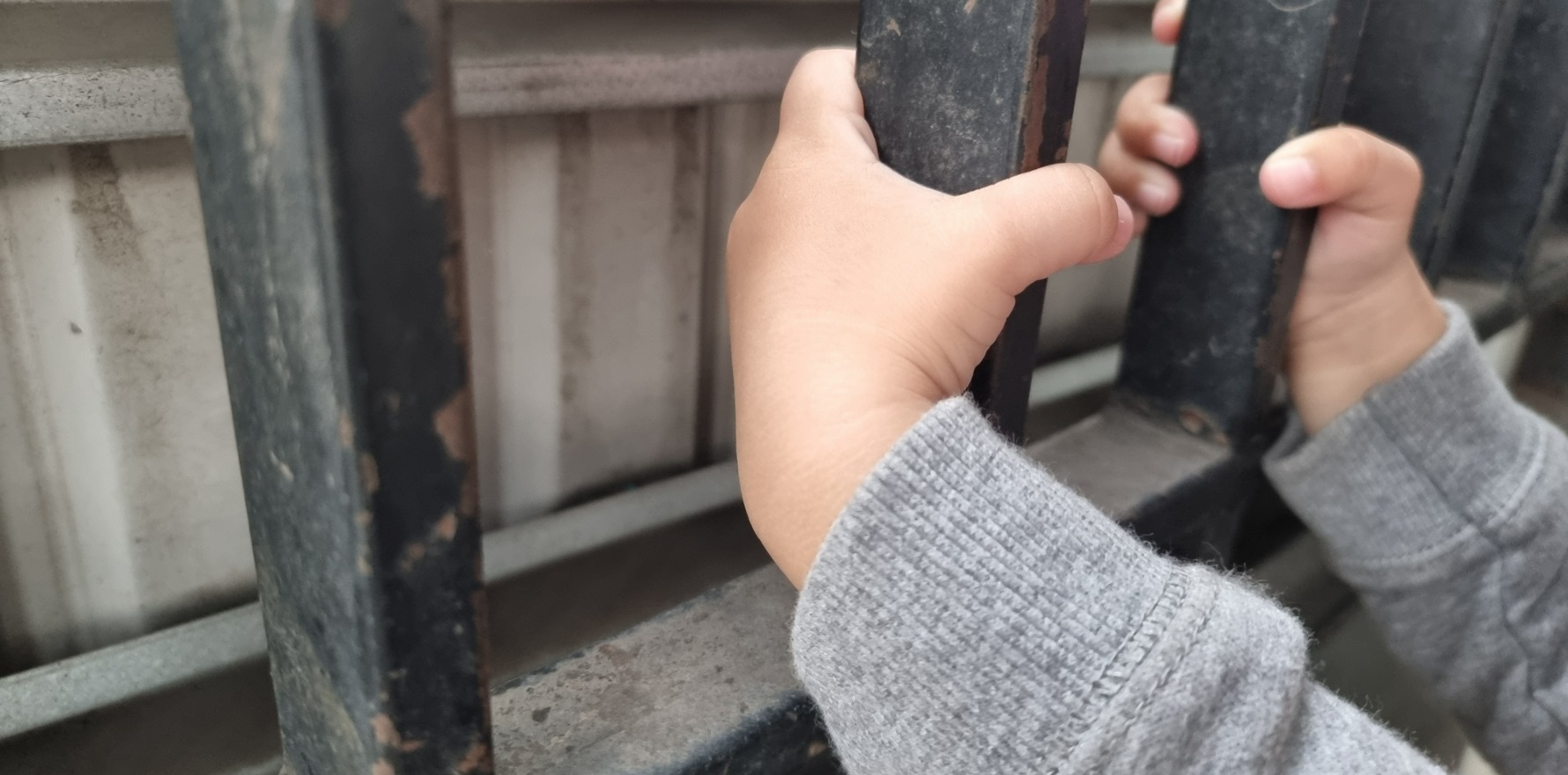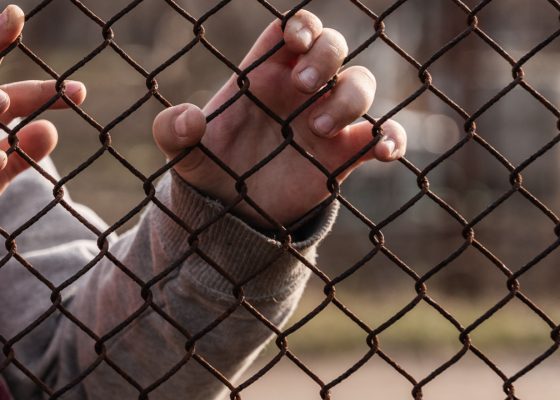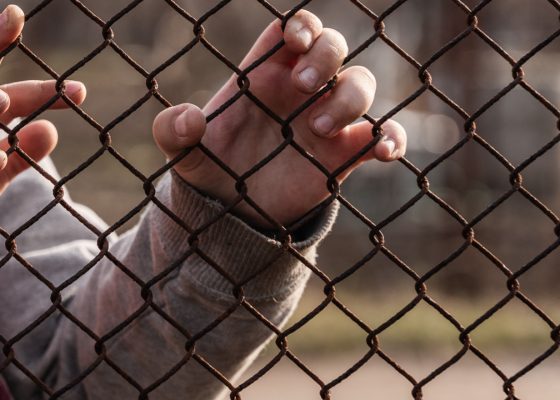A major review into Queensland’s watch-houses has found children spend days waiting in poor, inappropriate conditions. Despite this, there are no plans to introduce a time limit.
A major review into Queensland Police Service watch-houses has found some children spend an average of 161 hours in adult facilities waiting to be remanded or sentenced.
It is not uncommon for children to significantly exceed this average, for example, over 14 days.
Watch-houses are temporary holding facilities for people who have been arrested and are being processed. They’re operated by Queensland Police Service and are usually attached to a police station or courthouse.
There are 63 watch-houses across Queensland, 22 which are resourced to operate 24/7.
The report findings
Of the 78,108 admissions processed through watch-houses in 2024 approximately 10% (7432) were children. The total admissions for adults and children have increased by 6% since 2021.
Previous reviews have found that watch-houses are not suitable places for vulnerable groups, including children.
This report highlighted many concerns, including how the layout and infrastructure of many watch-houses means there is inappropriate exposure of female prisoners to male prisoners and girls to adult prisoners or boys, including in toilets or showers.
The report found that some watch-houses have poor temperature control and ventilation. Some have no windows or access to fresh air, whereas others are in the open air, leaving them subject to high temperatures and animal infestations.
Some watch-houses have limited access to exercise yards, and limited child-specific health checks and educational facilities.
Paediatricians call for minimum age of criminal responsibility to be raised to 14
In Queensland, the criminal age of responsibility is 10 years old.
According to Professor Nitin Kapur, a Queensland-based paediatrician from the Royal Australasian College of Physicians, “you have to remember that these 10-year-old children have significant developmental vulnerabilities, so their actual developmental or mental age could be six or seven years of age”.
“That’s what we are most worried about,” he said.
He said this report is more proof that the age of criminal responsibility needs to be raised to 14 years.
“If a child is less than 14 years of age, they absolutely need to be managed outside the criminal justice system,” Professor Kapur said.
“There’s enough research now that once children come in contact with the criminal justice system, it’s very difficult to remove them.
“Their future employment is a problem. They do not get a job. Quite a lot of these children are First Nations children. They are children in out-of-home services, and they just keep circulating in the criminal justice system.
“Clearly, it has got huge impact on their development.
“There are well reported cases of anxiety, self-harm. They don’t have enough space to do what a child is supposed to do in these watch-houses, and that just leads to a spiral of worsening outcomes,” he told Health Services Daily.
Scott McDougall, Queensland Human Rights Commissioner agreed.
Related
“Watch-houses are not a place for children. In recent years in Queensland, we have normalised the mistreatment of children by using watch-houses as overflow facilities for youth prisons. This practice must end.
“Watch-houses are not designed or intended to hold children and are only meant to hold adult detainees for limited amounts of time. The recent Queensland Police Service (QPS) review reported poor ventilation, overcrowding, unsanitary conditions, and high rates of self-harm in some watch houses.
“We call for urgent reforms to improve the conditions for young people detained in watch houses and firm time limits to ensure children are not held in watch houses for longer than 24 hours,” he told HSD.
Government accepts recommendations but refuses to set time limits on detention
The review made a series of recommendations, including providing education for children in watch-houses and enhancing existing bail processes for children and adults. They said there should be additional training for officers to help manage child trauma and mental health issues.
Queensland Police Service accepted all 34 recommendations. Deputy Commissioner of Regional Services, Cameron Harsley said in a statement that significant work needed to be done in this space.
“The review and its recommendations outline a clear course of action to address key concerns and drive meaningful change that effectively resets, corrects and delivers improvements across our watch-house network.
“To effectively address these complex challenges, we need to go wider than the QPS – it is imperative we adopt a whole-of-government approach and develop a risk-based custody management framework,” he said.
However, in a statement to ABC News, the Queensland government has refused to set a maximum limit for how long a child can be held in a watch-house.
Police Minister Dan Purdie said there were no plans to introduce a limit:
“The Crisafulli government is not in the business of setting arbitrary time limits; our focus is on fixing the system so children don’t end up there in the first place,” he said.
“That work is already underway, with an immediate $16 million funding injection to ensure police watch houses are only ever used as a last resort, and only for as long as absolutely necessary.”
This is despite a commitment to do more while in opposition. In an interview with Queensland Council of Social Services (QCOSS) last year, David Crisafulli said addressing children in watch-houses would be a priority.
“I can’t say to you within six months there’ll be no kids in watch-houses because if I make a commitment to somebody, I honour it.
“I’ll make this commitment: there’ll be less kids in watch-houses by the end of the term than what we’re seeing now and I’m certain that kids will be staying there for a shorter period of time. In a perfect world, children shouldn’t be in watch-houses full stop,” he said in the September 2024 interview.
Calls grow for national inquiry into Australia’s youth detention practices
Professor Kapur said alternatives need to be considered, including investing in community-led alternatives.
“If a child is less than 14 years of age, they absolutely need to be managed outside the criminal justice system, we have advised various diversion principles, in-school management out of criminal justice system management. That’s the most important thing,” he said.
There is a growing call for child justice to be made a national priority. This week, the federal senate has been advised to consider the Legal and Constitutional Affairs Reference Committee’s report on the youth justice and incarceration system in Australia.
The committee is recommending theSenate pursues an inquiry into the incarceration of children and Australia’s child justice and detention system.
Leading expert in international children’s rights law and human rights law Associate Professor Noam Peleg said Australia is not meeting its commitment to international treaties on the rights, safety and well-being of children.
“Sending primary school children to jail doesn’t make anyone safe, and it harms children, families and the communities. The government can and must take accountability.
“The harm that the criminal law system causes to children in Australia is horrifying.”




